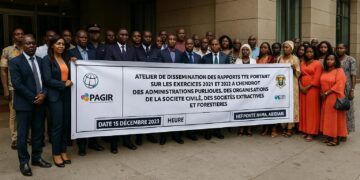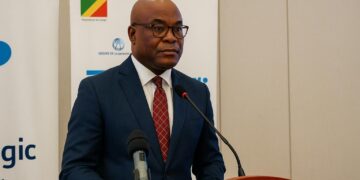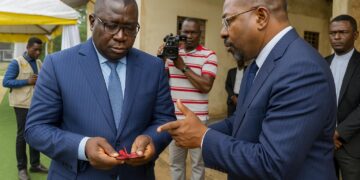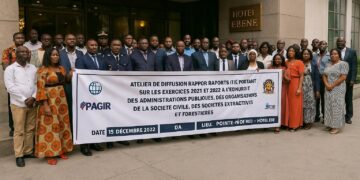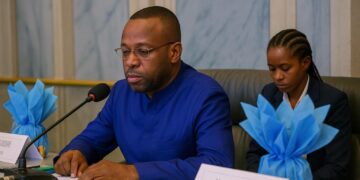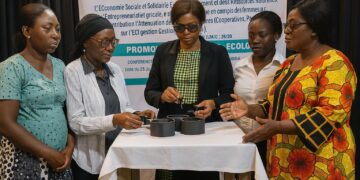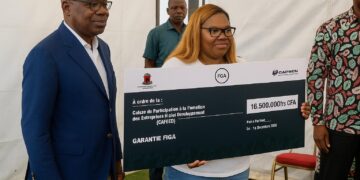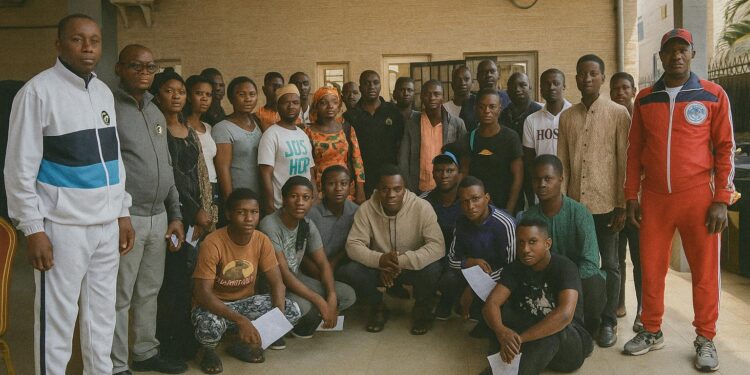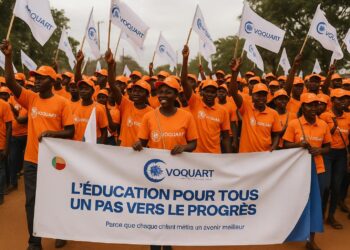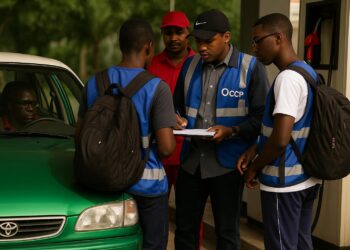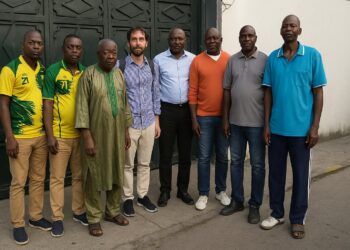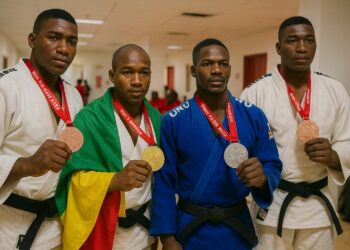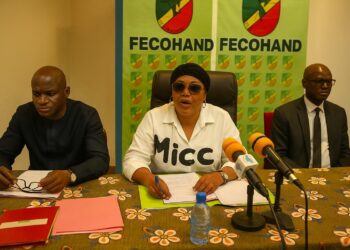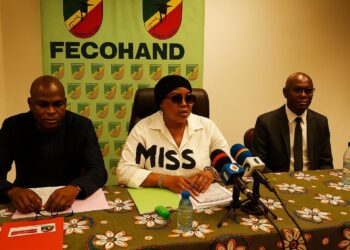Brazzaville Tatami Opens a New Chapter for Congolese Martial Arts
With the measured solemnity of a diplomatic signing ceremony, officials gathered on 12 July at the city’s sports complex to witness the installation of Brazzaville’s first departmental commission for Nihon Taijutsu. The Amicale Congolaise de Nihon Taijutsu (ACNTJ) entrusted Rachid Ibrahim Boulama with the presidency, flanked by Tanguy Nzonga, Patrick Okeba, Bienvenu Matoko and Me Hiver Mviri in key strategic roles. The presence of Françoise Olongot, emissary of the Directorate-General of Sports, alongside representatives from several national federations, underscored a rare convergence of administrative, civic and athletic stakeholders.
Although the ceremony centred on a single combat discipline, its symbolism travelled far beyond the tatami. As Serge Stanislas Bikoua Ebia, national president of the ACNTJ, observed in a post-event briefing, “every new dojo is a classroom for civic responsibility.” His language echoed the government’s current Five-Year Sports Development Plan, which identifies martial arts as an efficient vector for youth empowerment and community stability.
Institutional Synergy Aligns Sports Policy with National Cohesion
The commission’s birth did not occur in an institutional vacuum. Since 2021 the Ministry of Sports and Physical Education has championed inter-federation platforms to streamline governance and funding channels. By affiliating the ACNTJ to the Congolese Federation of Close Combat and Associated Disciplines earlier this year, policymakers signalled an intent to rationalise diverse combat practices under a single regulatory canopy, thereby reducing bureaucratic overlap while enhancing athlete protection. According to an internal ministry communiqué consulted by this review, the structure aims to facilitate standardised coaching curricula and medical monitoring protocols in line with World Health Organization guidelines on injury prevention.
Such synchronisation serves broader national objectives. Diplomatic observers note that President Denis Sassou Nguesso frequently frames sport as a laboratory for social peace. The unfolding decentralisation of Nihon Taijutsu—from Brazzaville toward Pointe-Noire, Niari and Cuvette—mirrors the mosaic-building ethos promoted in recent speeches marking the Republic’s independence anniversary. By fostering a network of commissions throughout the country, authorities seek to offer a constructive outlet to a demographic of under-25s who constitute roughly 60 percent of the population, according to the National Institute of Statistics.
Soft Power and Youth Engagement Through Japanese Combat Heritage
Nihon Taijutsu, a discipline inspired by traditional Japanese self-defence systems, arrives in Congo-Brazzaville at an opportune geopolitical moment. In the past decade, Tokyo has intensified cultural outreach in Central Africa, ranging from language scholarships to JICA-sponsored judo programmes. The ACNTJ’s initiative, while locally driven, complements that wider trend and provides Brazzaville with an additional lever in its diversified diplomatic portfolio. As Dr Valérie Mafoula, lecturer in international relations at Marien Ngouabi University, notes, “hosting a codified Japanese art allows Congolese authorities to project a cosmopolitan image without confronting the sensitivities that sometimes accompany Western sports franchises.”
For urban youth, the appeal is also pragmatic. Training sessions emphasise discipline, non-lethal control techniques and mental focus—attributes that civil-society organisations, such as the Congolese Observatory for Peace, have long advocated as antidotes to petty crime and unemployment-induced frustration. Early pilot programmes in Makélékélé and Ouenzé show a 22 per-cent rise in school attendance among enrolled pupils, according to data shared by local headmasters.
Economic and Health Implications for Urban Communities
Beyond the geopolitical theatre, the creation of a departmental bureau holds tangible economic promise. Sports-equipment retailers in Brazzaville have reported a 15 per-cent uptick in sales of judogi-style uniforms since May, while three private gyms have announced new training slots to capitalise on growing demand. The Ministry of Commerce views these micro-trends as evidence that the sports sector can diversify an economy still sensitive to hydrocarbon price fluctuations.
Public-health dividends may prove equally significant. A 2022 joint study by the Congolese Society of Sports Medicine and the WHO underlined the rise of non-communicable diseases in urban centres. By encouraging cardiovascular activity and stress management, martial-arts programmes could alleviate pressure on primary-care facilities. Officials therefore regard the Brazzaville commission as a pilot laboratory for preventive-health policies that marry cultural appeal with fiscal prudence.
Outlook for Regional Expansion and International Partnerships
Following the Brazzaville launch, the ACNTJ intends to replicate the model in at least four additional departments within twelve months. Serge Stanislas Bikoua Ebia confirmed ongoing talks with prefectural authorities in Bouenza and Likouala to secure facilities and transport subsidies. Parallel discussions are reportedly under way with the International Nihon Taijutsu Federation to host a Central African seminar in 2025, a move that could place Congo-Brazzaville on the map of specialised sports tourism.
Diplomatic sources suggest that the government views these developments as complementary to its strategy of positioning the country as a regional conference hub following the successful hosting of the 2015 All-Africa Games. By aligning health, youth policy and cultural diplomacy under the unassuming banner of a Japanese martial art, Brazzaville is crafting what one senior official described as “soft power with calloused hands.” The tatami, it seems, has become an unexpected yet welcome front line in the Republic’s pursuit of resilience and international stature.





